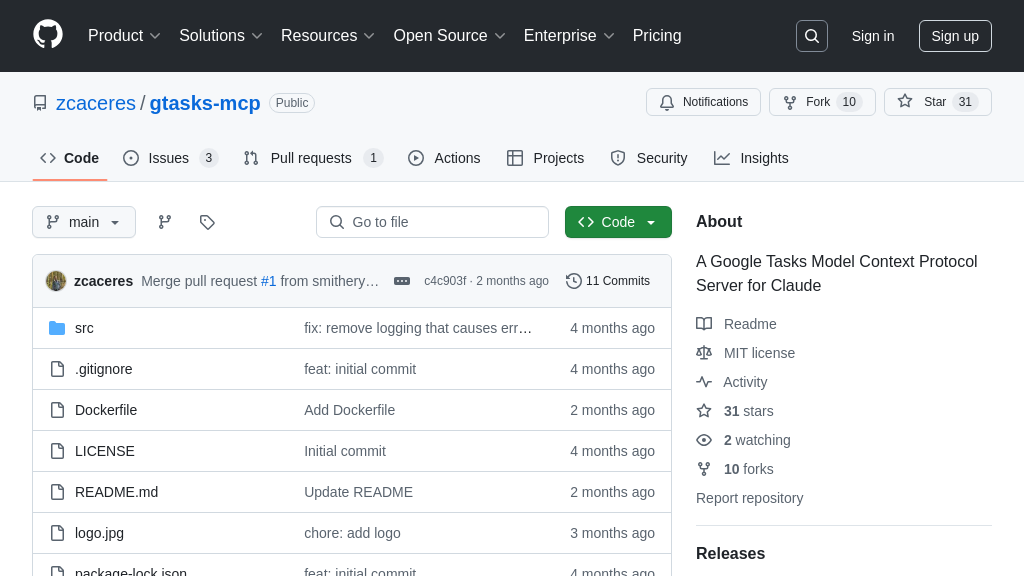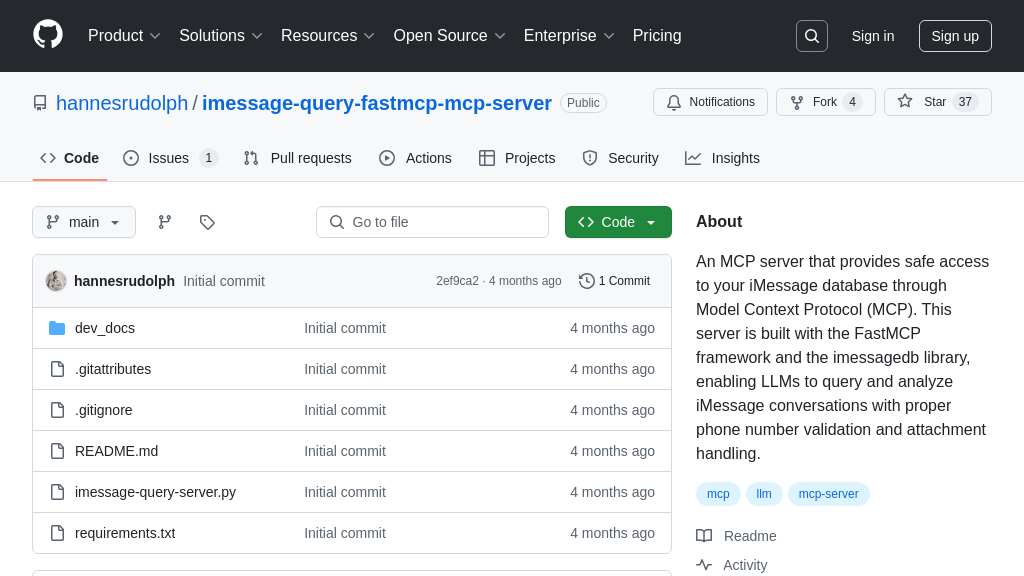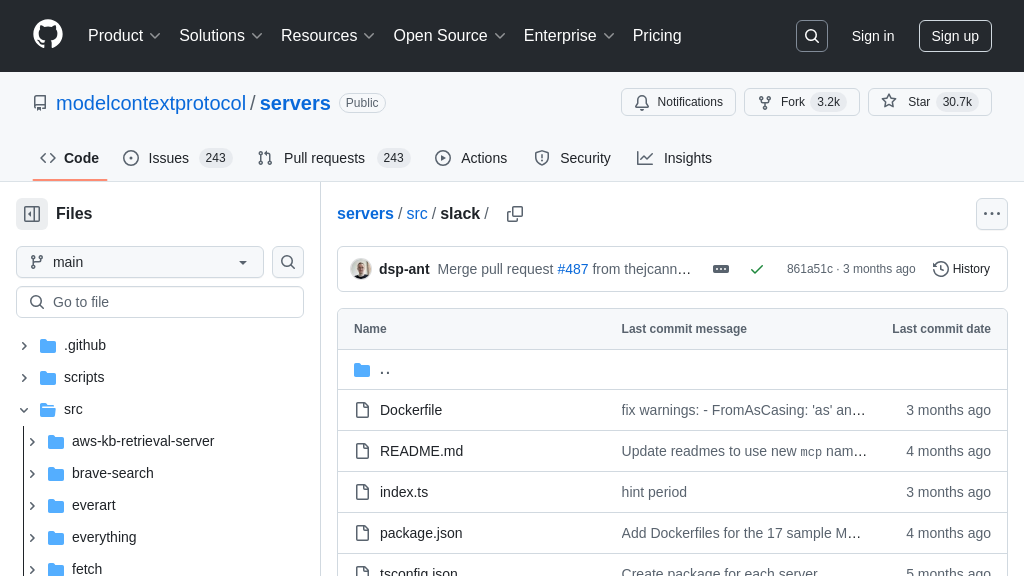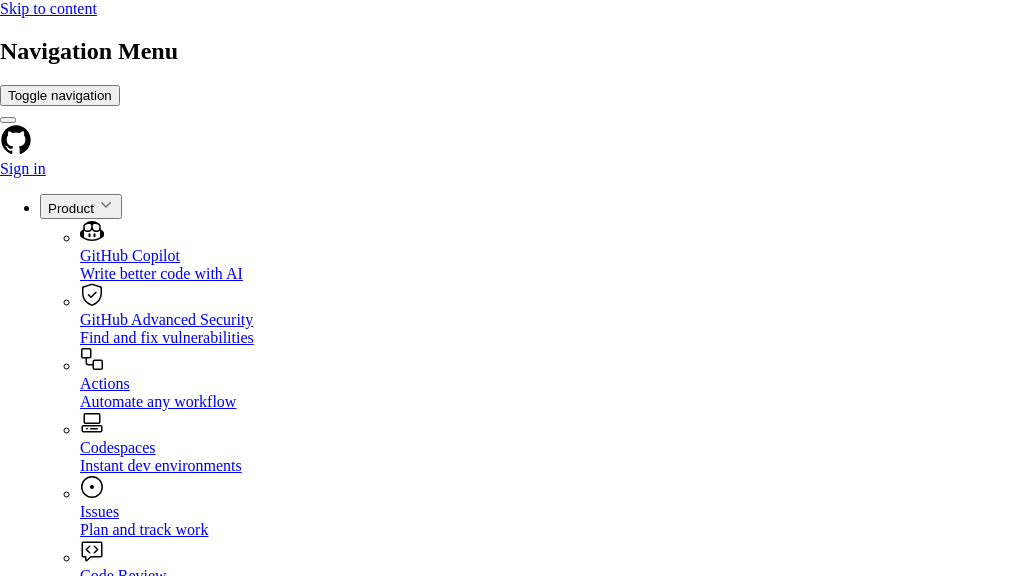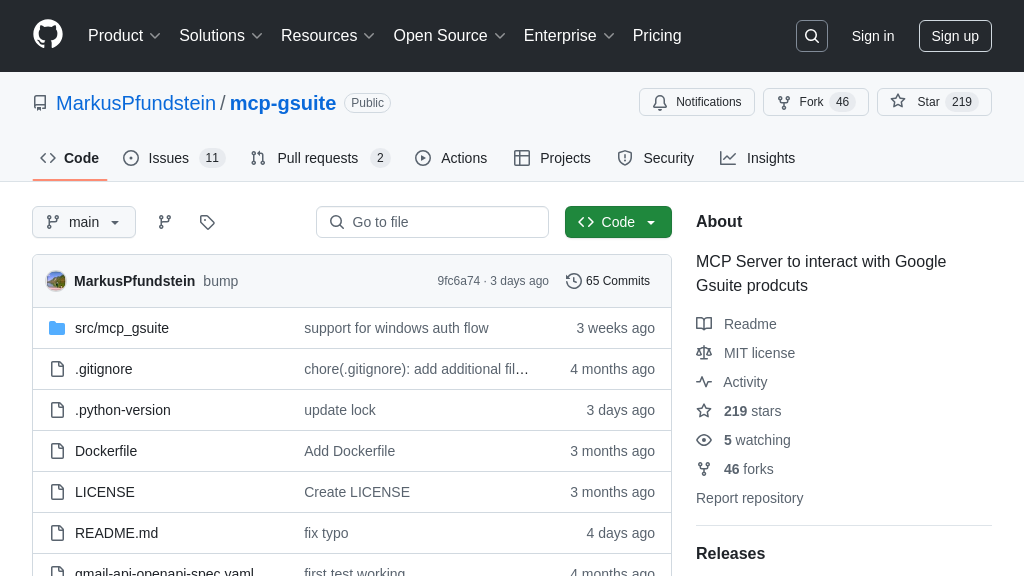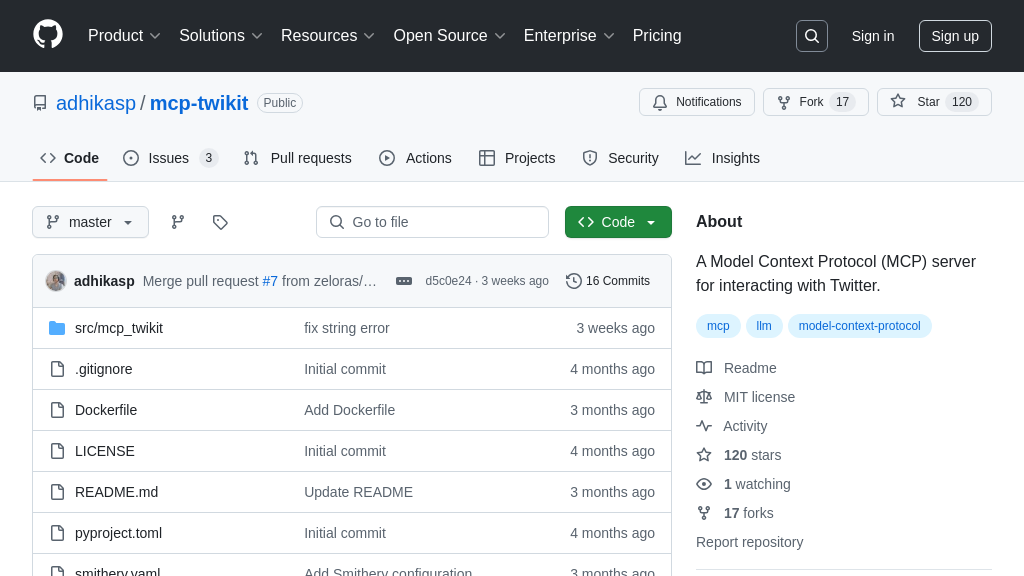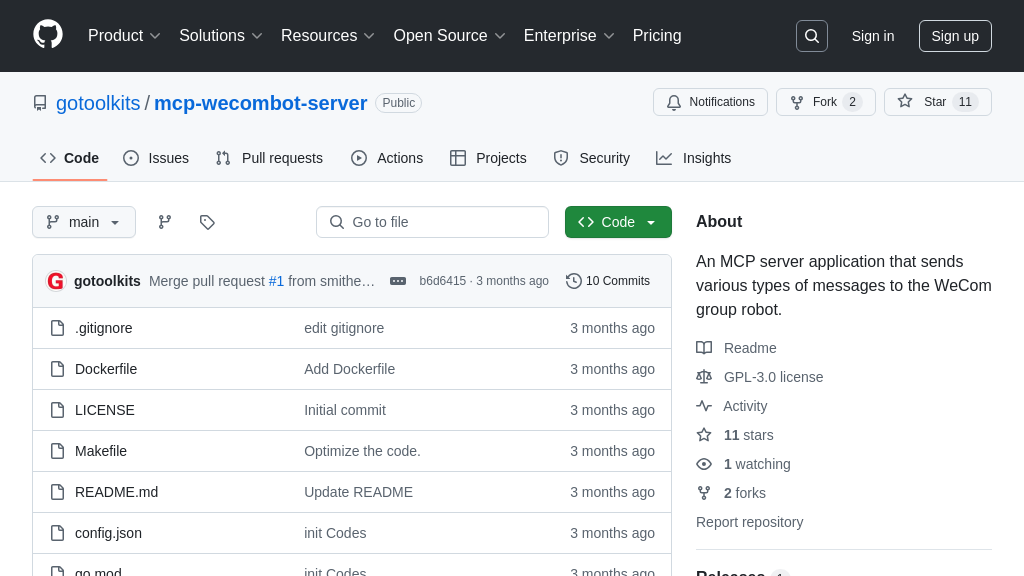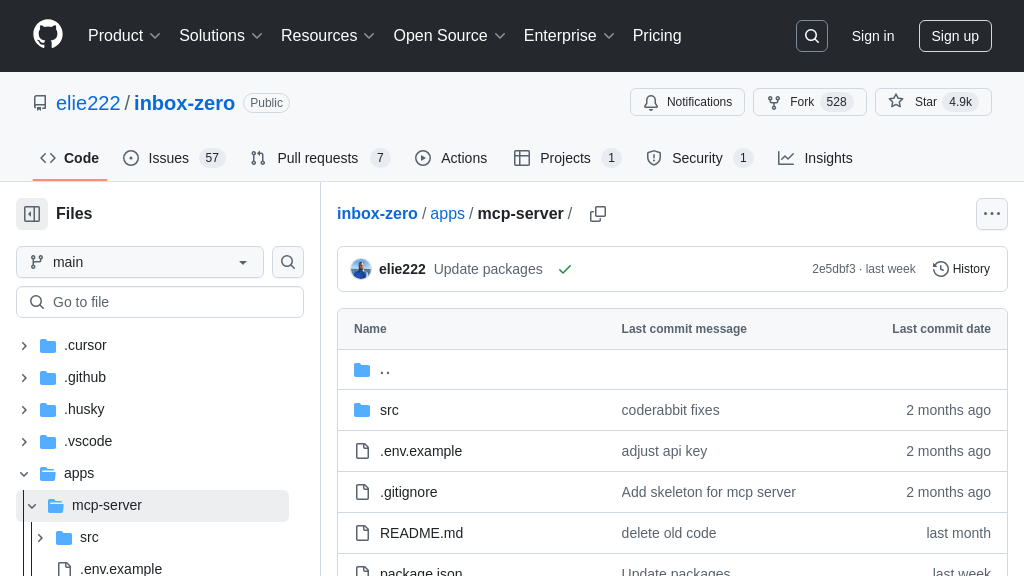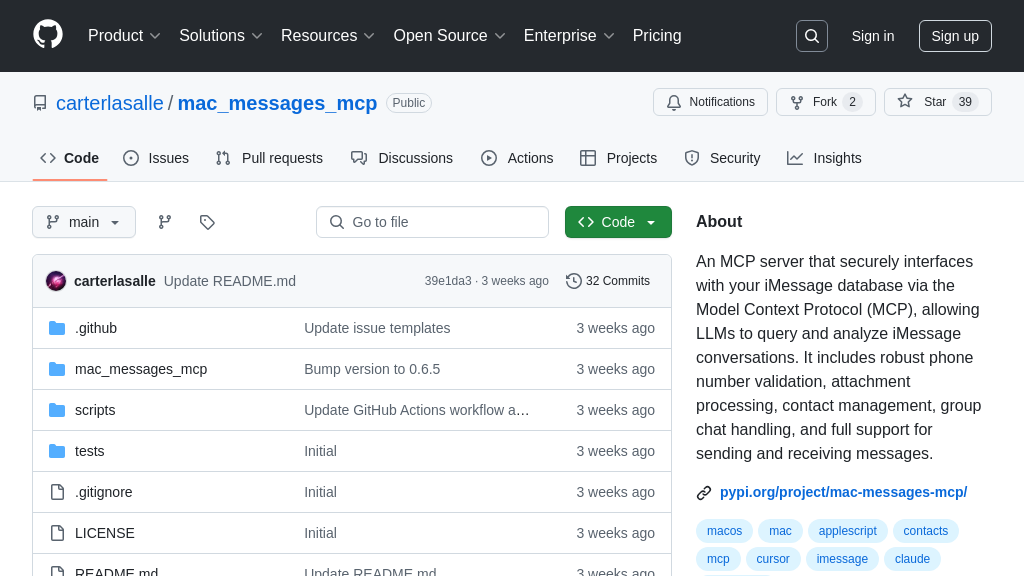wecombot
MCP server for AI models to send messages to WeCom groups. Supports text, Markdown, images, and news.
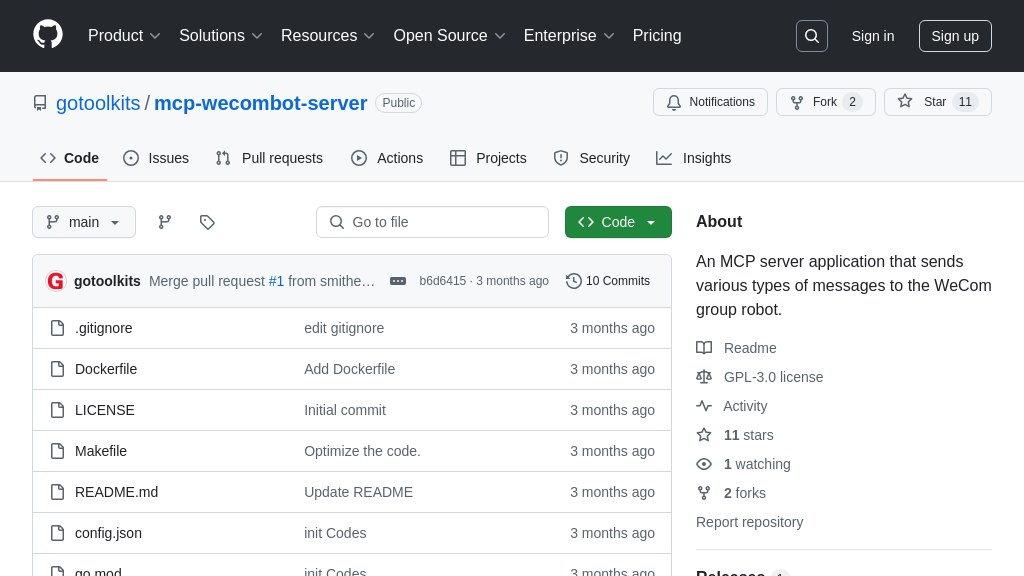
wecombot Solution Overview
Wecombot is an MCP server designed to seamlessly integrate AI models with WeCom, enabling automated message delivery to your WeCom groups. It empowers developers to extend AI functionality by sending various message types, including text, Markdown, images, news articles, and template cards, directly from AI models. This eliminates the need for manual intervention, streamlining communication workflows.
Wecombot simplifies integration through standard input/output or HTTP/SSE, allowing AI models to trigger messages with simple prompts. For example, an AI can automatically post summaries, alerts, or reports to a designated WeCom group. By automating these notifications, Wecombot enhances collaboration and keeps teams informed, making it a valuable asset for businesses leveraging AI. The server also supports file uploads to WeCom. Configuration is straightforward, requiring only the WeCom bot webhook key.
wecombot Key Capabilities
WeCom Text Message Delivery
The send_text function enables AI models to send plain text messages directly to a designated WeCom (formerly known as WeChat Work) group. This function operates by receiving the text content from the AI model via the MCP client, then formatting it into a WeCom-compatible message structure, and finally transmitting it to the WeCom group using the configured webhook. The webhook acts as a secure endpoint for receiving messages, ensuring that only authorized applications can post to the group. This allows for quick and simple notifications, updates, or information sharing from the AI model to human users within the WeCom environment.
For example, an AI-powered monitoring system could use this feature to send alerts to a team's WeCom group when a critical system threshold is breached. The AI detects the anomaly, formats a text message describing the issue, and uses send_text to immediately notify the relevant personnel.
WeCom Markdown Message Support
The send_markdown function extends the messaging capabilities by allowing AI models to send formatted messages to WeCom groups using Markdown. This function interprets Markdown syntax within the message content, converting it into WeCom's rich text format. This allows for visually appealing and well-structured messages, including headings, lists, links, and other formatting elements. By supporting Markdown, the send_markdown function enables AI models to present information in a more organized and readable manner, improving communication clarity and engagement within the WeCom group.
Consider an AI-driven project management tool. It could use send_markdown to post daily progress updates to a WeCom group, with headings for different tasks, bullet points for completed items, and links to relevant documents. This provides a clear and concise overview of the project's status, directly within the team's communication platform.
WeCom News Message Dissemination
The send_news function allows AI models to distribute news articles or announcements to WeCom groups in a visually rich format. This function accepts parameters such as title, description, URL, and image URL, which are then compiled into a news card within WeCom. This format is ideal for sharing external articles, internal announcements, or any content that benefits from a visual preview and a direct link to the full article. By using send_news, AI models can effectively curate and deliver relevant information to users within their WeCom environment, enhancing knowledge sharing and awareness.
For instance, an AI-powered news aggregator could use send_news to share relevant articles with a specific WeCom group based on their interests. The AI identifies trending articles, extracts key information, and uses send_news to post a visually appealing summary with a link to the full article, keeping the team informed about the latest developments in their field.
Technical Implementation
The mcp-wecombot-server is implemented in Go, leveraging its concurrency and networking capabilities. It exposes an HTTP endpoint that conforms to the MCP server specification. Upon receiving a request, the server validates the request, extracts the message content and type, and then uses the WeCom Bot API to send the message to the specified group. The WECOM_BOT_WEBHOOK_KEY environment variable is crucial for authenticating with the WeCom API and ensuring secure message delivery. The server also handles error scenarios, such as invalid webhook keys or API rate limits, providing informative error messages to the MCP client.
